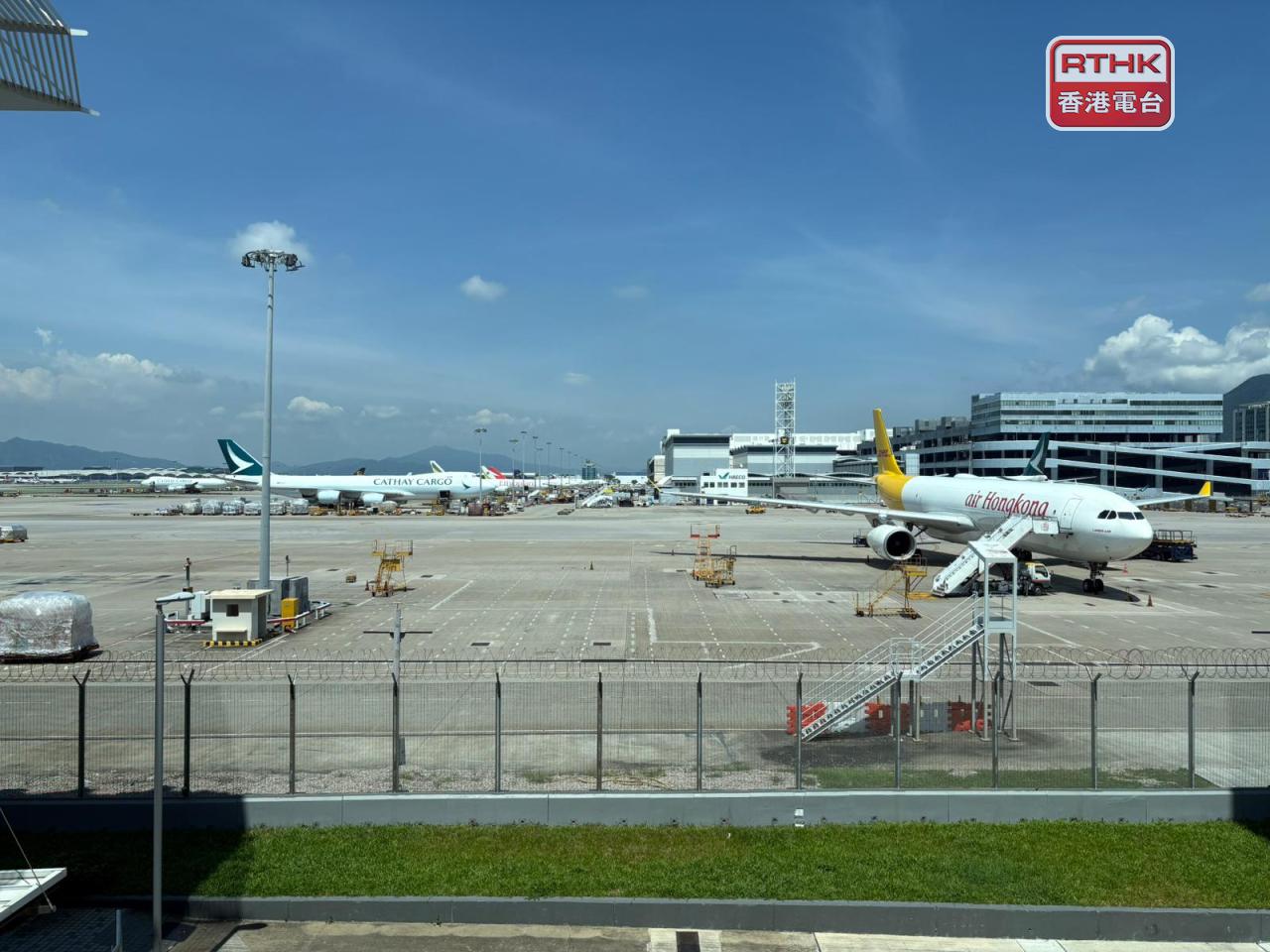The Cathay Group said on Wednesday that it is actively pursuing new partnerships to expand the use of sustainable aviation fuel (SAF) across its global network, reaffirming its commitment to decarbonise aviation and achieve its environmental targets.
The company aims to source 10 percent of its total fuel consumption from SAF by 2030, a critical milestone in the group's broader pledge to achieve net-zero carbon emissions by 2050.
Demonstrating this strategy, Cathay announced a agreement to supply DHL Express with 2,400 tonnes of SAF, which will be used specifically on international cargo flights operated by Air Hong Kong, Cathay's wholly owned all-cargo subsidiary, departing from Incheon International Airport, Tokyo Narita International Airport and Singapore Changi Airport.
The partnership aims to reduce carbon emissions within the air cargo sector and actively drive increased SAF production and adoption.
"We've been working very hard with different stakeholders because we know that using SAF is not only airlines' efforts, we need policy support [and] we need the supply chain in this part of the world to develop and we need supporting partners and customers that would support the further uplift of SAF so definitely this partnership is an important goal for us to get one step closer to that target," Grace Cheung, general manager of sustainability at Cathay, said.
"We have launched the first major corporate SAF programme in Asia, and we've seen continuous growth and support from different customers, partners that help us with the journey along the way and we'll continue to work with other new initiatives that bring us one step closer at a time to reach that target."
The group said the specific collaboration with DHL Express is projected to reduce lifecycle greenhouse gas emissions by approximately 7,190 tonnes, which is equivalent to the emissions from over 100 Hong Kong-Singapore flights using an Airbus A330 freighter.
Cheung acknowledged the significant cost challenge, noting that SAF is typically three to five times more expensive than conventional jet fuel, but said the group has been leveraging its global network to find the best deals globally.
She said collaborating with like-minded corporate partners like DHL is essential to manage costs and drive decarbonisation throughout the supply chain.
"We believe that for such important change of the use of SAF to support decarbonisation not only for one company, not only for one industry, but actually for the whole economy. We really need some holistic long-term approach and such a policy is very important," she said.
"We need a holistic approach with the support on the supply side, from R&D (research and development) to development of SAF production plants, all the way to the demand side, how to deal with and cope with the SAF green premium that we talked about, what's a holistic structure to have in the SAF market that we can help get it off the ground.
"That would be very important for Hong Kong as it continues its leadership position as an international aviation hub."





